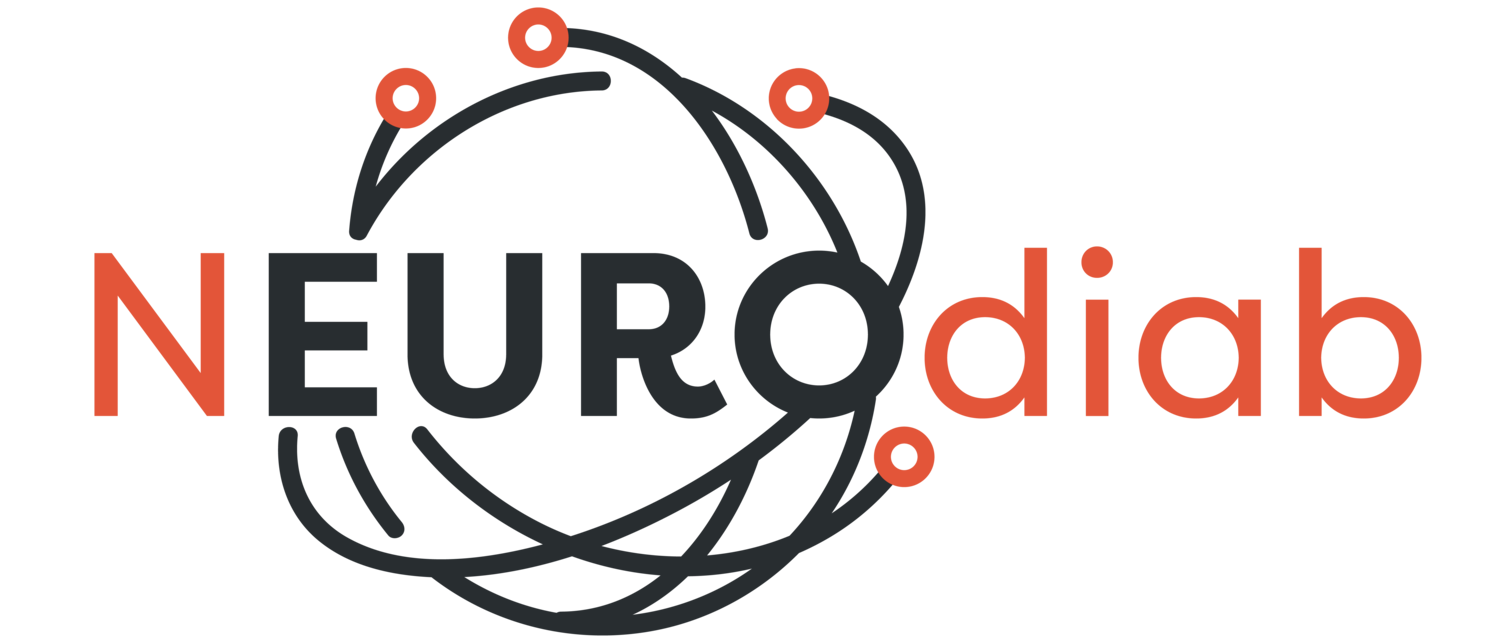Publication News 129 - 01 July 2024
Transcutaneous vagal nerve stimulation for gastrointestinal symptoms in diabetes: a randomised, double-blind, sham-controlled, multicentre trial
Aims: This study aimed to evaluate the effectiveness of transcutaneous vagal nerve stimulation (tVNS) for alleviating gastrointestinal symptoms in individuals with diabetes and autonomic neuropathy. Prior uncontrolled studies suggested potential benefits of tVNS in this area.
Methods: The trial was a randomised, double-blind, sham-controlled, multicentre study involving 145 adults with type 1 or 2 diabetes, gastrointestinal symptoms, and autonomic neuropathy. Participants were recruited from three Steno Diabetes Centres in Denmark and randomly assigned to receive either active or sham tVNS. The study was conducted over two periods: an initial week with four daily stimulations of 120 seconds followed by eight weeks with two daily stimulations. Primary outcomes were measured using the gastroparesis cardinal symptom index (GCSI) and the gastrointestinal symptom rating scale (GSRS). Secondary outcomes included gastrointestinal transit times and cardiovascular autonomic function.
Results: Of the 145 participants, 68 were allocated to the active tVNS group and 77 to the sham group. The study found no significant difference between active and sham tVNS in reducing gastrointestinal symptoms over both study periods. Gastric emptying time was significantly increased in the active tVNS group compared to the sham group, but no differences were observed in segmental intestinal transit times or cardiovascular autonomic measures. Both study periods in the intervention arm were well tolerated.
Conclusions: Self-administered cervical tVNS, as protocolled in this study, does not improve gastrointestinal symptoms in individuals with diabetic gastroenteropathy.
Comments. Diabetic gastroenteropathy, affecting the enteric and vagal nerves, results in severe gastrointestinal symptoms and complications, including malnutrition, unpredictable drug absorption, and poor glycaemic control. Current treatments, such as prokinetic drugs and surgical interventions like gastric electrical stimulation, have significant limitations and adverse effects, highlighting the need for new, non-invasive treatments. Self-administered tVNS, a non-invasive method targeting the vagal nerve in the neck, has shown promise in preliminary studies but has not been studied in a RCT. The device used in this study, gammaCore SapphireTM provides a mild electrical stimulation to the vagus nerve, which runs through the neck and carries information to the central nervous system. Each stimulation with gammaCore lasts 2 minutes. The patient controls the intensity level.
This study has several strengths. First, the study design was robust, being randomized, double-blind, and sham controlled. Multiple centres were involved thereby enhancing participant diversity. Importantly, the reported compliance was high across both active and sham groups. Finally, reported results were based on an intention-to-treat analysis. Limitations include the possibility that self-administration of tVNS without real-time assessment of vagal nerve activation can limit the determination of direct exposure. Furthermore, it is possible that distinct variants of gastroenteropathy may have a differential response to such stimulation. Overall, the authors deserve commendation for invigorating the field of clinical trials in diabetic gastroenteropathy. The current status quo, marked by limited treatment options and significant distress for those affected, is untenable. Although the study's results appear predominantly negative, it may not represent the end of road, but rather a new hope through the positive signals noted, that non-pharmacological interventions may play a role in treatment and that this direction should be pursued further.
Prash Vas
Reference. Kornum DS, Bertoli D, Kufaishi H, Wegeberg AM, Okdahl T, Mark EB, Høyer KL, Frøkjær JB, Brock B, Krogh K, Hansen CS, Knop FK, Brock C, Drewes AM. Transcutaneous vagal nerve stimulation for treating gastrointestinal symptoms in individuals with diabetes: a randomised, double-blind, sham-controlled, multicentre trial. Diabetologia. 2024 Jun;67(6):1122-1137. doi: 10.1007/s00125-024-06129-0. Epub 2024 Mar 28. PMID: 38546822; PMCID: PMC11058613.
https://link.springer.com/article/10.1007/s00125-024-06129-0
